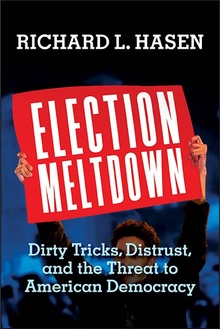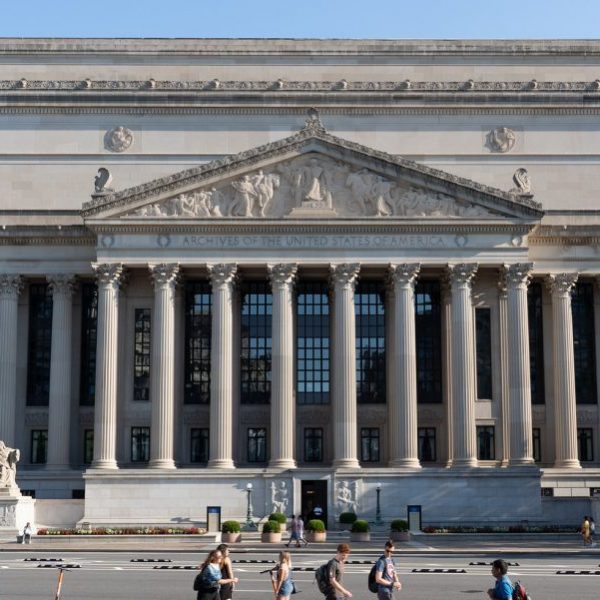The Chances of a 4-4 Supreme Court Split on Election Issues is Not a Reason to Rush a Supreme Court Confirmation; it’s a Reason to Wait to Confirm a Justice
Rick Hasen—
Within minutes of the announcement of Justice Ginsburg’s death, we started seeing the argument advanced that a Supreme Court confirmation needs to be rushed so that a Justice is in place before the election, so as to break a potential 4-4 tie on an 8-Justice Supreme Court. President Trump made the point on “Fox & Friends” this morning. The argument is nonsense.
To begin with, the chances of an election issue making it to the Supreme Court and being decisive like Bush v. Gore remain small. As I explain here, just speaking mathematically, the odds are against an election close enough to go into overtime in a state crucial for the electoral college outcome. (Pre-election disputes are much more likely to get to the Court over the next few weeks, before any Justice can be confirmed.)
But suppose such a challenge does get to the Supreme Court. A 4-4 split is unlikely. Unlike the situation when Justice Scalia died and the Court was divided 4-4 along ideological lines, the current Supreme Court is divided 5-3 along conservative-liberal lines, with conservative Justices taking a narrow view of voting rights (even during the pandemic) and liberals taking a broader view. I traced that trend in this recent paper on voting rights during the pandemic. So a tie is unlikely if the Court does its usual split.
Well suppose that Chief Justice Roberts is wobbly on a particular post-election issue before the Court, because he cares about the institutional legitimacy of the Court. That could lead to a 4-4 tie.
An initial 4-4 tie on a post-election issue could be a good thing as it could lead to compromise. We saw the Court reach more compromises during the period after Justice Scalia’s death as an 8-Justice Court. Compromise would be a good thing given the kind of national tumult a Supreme Court decision affecting the 2020 election could bring.
Even if the Justices could not compromise, a 4-4 split leaves a lower court decision in place, and so it is not as though we would fail to have a tie-breaker. And Congress is the ultimate judge of election winners as it decides controversies over electoral college votes. It is not clear (just as it was not clear in 2000, during Bush v. Gore) that it was more legitimate for the Supreme Court to decide these issues than Congress.
Look: there’s not enough time to do a full vetting, hearing, and deliberation in Congress. As Manu Raju wrote: “There will only be 39 or 38 days before the election if Trump names the pick on Friday/Saturday as he just said. That would be extremely fast for a confirmation process, which typically takes 2-3 months. Suggests a lame-duck confirmation vote is more likely.”
Even putting aside the merits of considering a Supreme Court nomination in the period so close to the election (or in the
—originally published at Election Law Blog on September 21, 2020.
Richard L. Hasen is Chancellor’s Professor of Law and Political Science at the University of California, Irvine. In 2013 he was named one of the 100 most influential lawyers in America by the National Law Journal, and his previous books include Voting Wars, Plutocrats United, and The Justice of Contradictions.
Further Reading:



























